Location successfully changed to English (Global)
- Select a region
- English (Global)
- English (Asia)
- English (USA)
- 中文
- Deutsch
- Español
- Français
- 日本語
- Polski


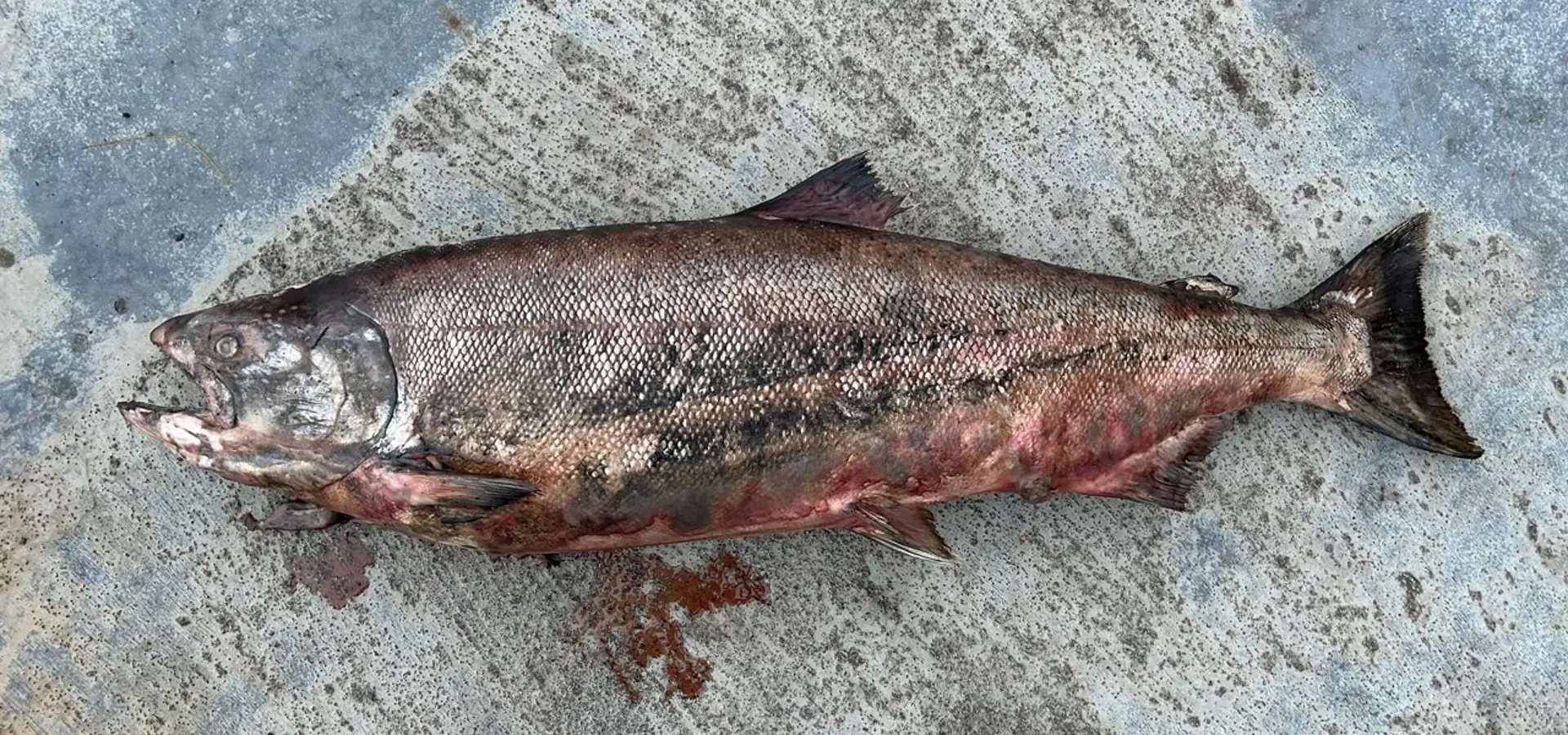
![]() As salmon farming expands around the world, so does its impact on the environment – ranging from water pollution to habitat destruction and spread of disease. In Chile, this industry also threatens Indigenous Peoples’ human rights.
As salmon farming expands around the world, so does its impact on the environment – ranging from water pollution to habitat destruction and spread of disease. In Chile, this industry also threatens Indigenous Peoples’ human rights.
If your European seafood company is importing salmon from Chile, you face hidden risks. Avoiding environmental degradation or human rights violations starts with understanding them. ![]()
Although the species of salmon farmed in Chile are not native, the country has become the second-largest producer of farmed salmon in the world, after Norway. In 2023, Chile’s salmon industry ranked as its second-biggest export, valued at USD $6.5 billion, with 1,017.713 metric tonnes exported. While the biggest importers are the USA (32,7%), Japan (17,7%), Brazil (17,6%), Russia (6,1%) and China (5,6%), EU nations such as Spain, France, Germany, Poland and Belgium are also consumers. The industry has surged production at a steep environmental and social cost, particularly in Patagonia, a region of pristine waters and fjords in southern Chile. It’s home to the Kawésqar people, descendants of nomadic fishers and gatherers who have inhabited these lands for over 6,000 years.
Within the Kawésqar National Reserve alone, 67 salmon farms are operating, causing damage such as chemical pollution and changes to the seabed, according to local communities.
“The fattening centres – the stage of salmon production at sea – are generally located in places that are environmentally very valuable, like fjords or places where the climatic conditions are right, where there is plenty of oxygen, marine life, where it is less windy. But the problem is that this production starts to release a lot of residues: of food but also of antibiotics”, says Macarena Martinic, a Lawyer from the NGO Fiscalía del Medio Ambiente (FIMA).
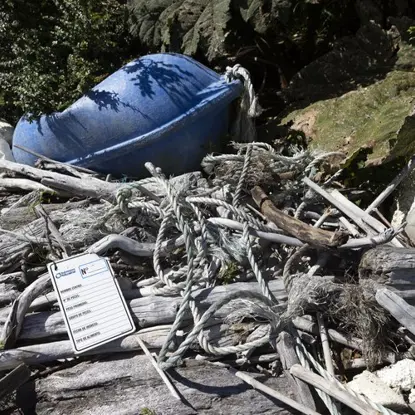
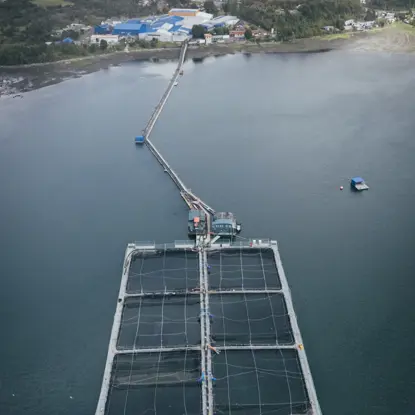
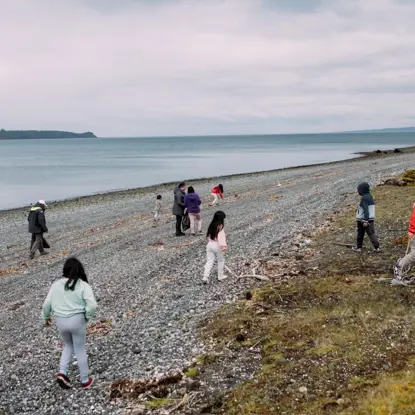
Beyond environmental harm, salmon farming has disrupted traditional Kawésqar practices, limiting access to ancestral sites and fishing zones. This erosion of cultural identity and spiritual connections to land and sea is having profound impacts on the Kawésqar way of life.
“In places like Chiloé, Puerto Montt, and Aysén, there is a unique ‘culture of the sea’ – there, they build boats, they are artisanal fishermen and divers. The industry’s arrival has changed the essence of these regions”
says Film Director and Photographer Daniel Casado, Co-founder of the Foundation Centinela Patagonia.
The expansion of Chilean salmon farming proceeded without meaningful consultation with Indigenous communities such as the Kawésqar, denying them of their right to voice concerns about policies that directly impact their lives and territories.
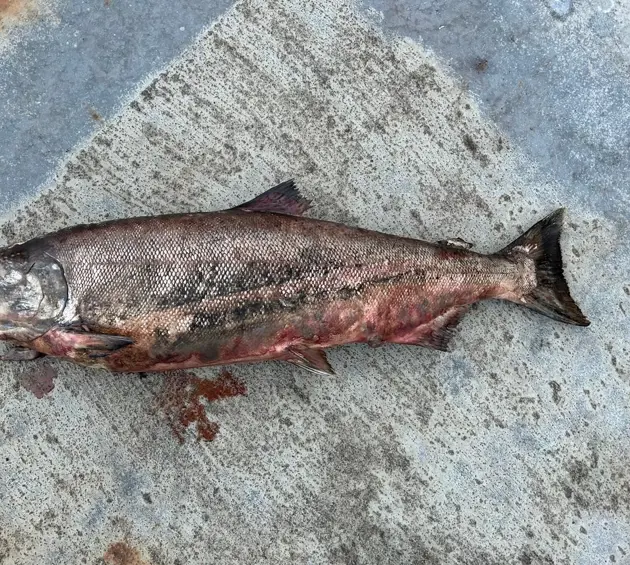
Chile’s salmon industry, promoted by the government in the 1970s and 1980s, has expanded into areas meant for conservation because of legal ambiguity. While the Kawésqar National Reserve has National Park status on land, the surrounding sea remains unprotected – a loophole exploited by the industry. Casado and oceanographer Alessandro Bocconcelli explain:
“There is a legal vacuum - the industry interprets this as a lack of clear conservation objectives, allowing them to establish salmon farms in the reserve and pollute the sea. But why establish a protected area only to allow industries within it?”
The detrimental effects of farmed salmon on the Kawésqar and other Indigenous Peoples interfere with the cultural and participation rights recognised under international human rights law. These include Indigenous Peoples’ rights to their lands, natural resources, and territories. These impacts may be so severe as to violate their right to a clean, healthy, and sustainable environment. The UN Special Rapporteur on the issue of human rights obligations relating to the enjoyment of a safe, clean, healthy and sustainable environment recognised as much after his visit to Chile. He encouraged the government to put in place “a moratorium on further expansion of salmon aquaculture pending an independent scientific review of the adverse environmental impacts”.
Under well-established international standards for responsible business conduct, companies have a responsibility to respect human rights including by providing environmental protection in their own operations and in all business relationships throughout their value chains.
Salmon companies must conduct due diligence in accordance with these international standards to prevent and address the negative human rights and environmental impacts of their own operations and those of their business partners throughout their value chain. Companies that fail to assess, mitigate, and address these impacts, or fail to engage meaningfully with relevant stakeholders, including local communities, expose themselves to significant financial and legal risks.
In this story, we examine the industry’s development and its impact on the cultural and participatory rights of Indigenous and local communities.
As a European seafood company, if you’re trading in salmon from Chile, you are likely facing hidden risks. Avoiding causing or contributing to environmental degradation or human rights violations starts with understanding them.
Download the factsheet to learn more
Photo Credits: Roberto Jequier / Daniel Casado